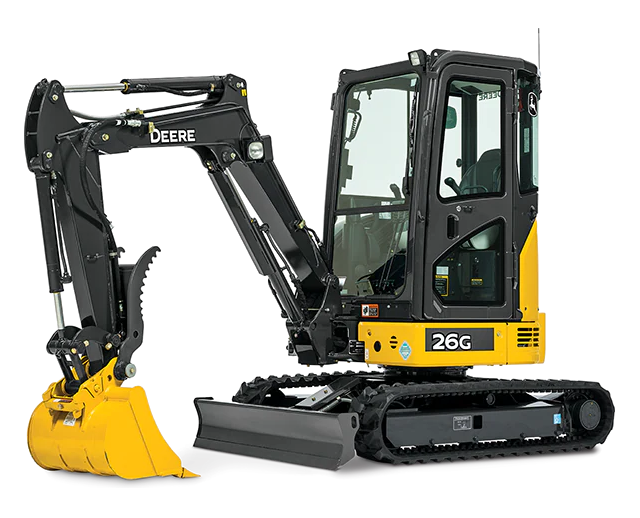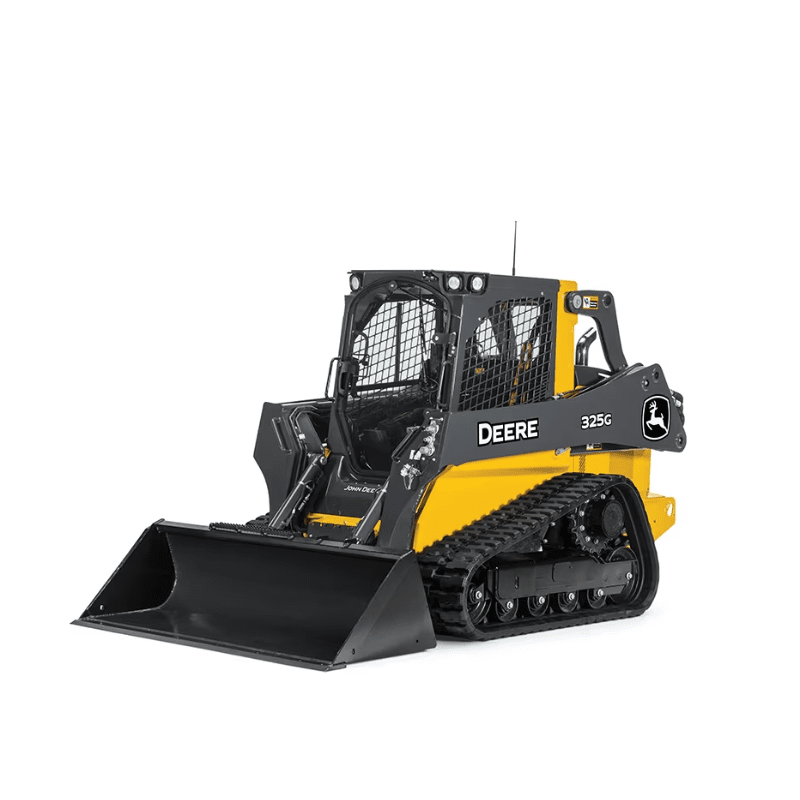Equipment Rental Company: Your Resource for All Sorts Of Equipment
Equipment Rental Company: Your Resource for All Sorts Of Equipment
Blog Article
Maximize Your Spending Plan by Recognizing the Expenses Related To Building Equipment Services
Comprehending the full scope of prices related to construction tools leasings is important for optimizing your budget plan. While the initial rental cost may appear simple, countless extra expenses-- such as transport, fuel surcharges, and upkeep-- can rapidly gather, impacting your financial preparation. Additionally, knowing various costs and the complexities of rental arrangements can assist prevent unforeseen economic concerns. What methods can be employed to properly manage these prices and guarantee an extra reliable rental experience?
Review of Rental Expenses
When considering building and construction tools services, comprehending the linked expenses is paramount for efficient budgeting and project planning. Rental prices can vary significantly based upon several variables, consisting of equipment kind, period of leasing, and area. The preliminary rental cost commonly reflects the tools's market demand and its linked operational capacities, influencing the total expense.
Along with the base rental price, supplementary prices might arise, such as transport costs, fuel additional charges, and maintenance costs. It is necessary to make up these additional costs to properly evaluate the total expense of renting out equipment. Moreover, the rental duration can impact rates; longer rentals may certify for discounted rates, while short-term services might incur greater day-to-day charges.

Failure of Rental Prices
An extensive understanding of rental rates is necessary for specialists and task supervisors intending to enhance their budget plans. Rental rates for construction equipment normally contain a number of components, including base prices, time-based costs, and use fees.
Base prices are the core fees connected with the rental of the tools, typically established by the kind and size of the machinery. These rates can differ dramatically, influenced by factors such as tools need, accessibility, and regional market fads. Time-based costs, which might be daily, weekly, or monthly, serve to accommodate various job timelines and rental durations.
Additionally, rental rates may consist of usage fees, which are applicable when tools is made use of past a specified threshold, making certain that the rental firm can represent wear and tear. Seasonal demand fluctuations can additionally affect rental prices, with peak building periods usually commanding greater costs.
Furthermore, recognizing the rental business's policies concerning upkeep and insurance policy can give further insight right into the total expense structure. By analyzing these parts, service providers can make educated choices, guaranteeing the option of rental equipment lines up with both job needs and budget plan restraints.
Added Costs to Think About
Understanding the details of additional charges is critical for service providers to handle check over here their overall rental expenditures successfully. Past the common rental rates, different auxiliary charges can substantially influence the complete price of tools leasing. These costs typically include shipment and pickup charges, which can vary based on distance and logistics associated with carrying the tools to and from the work website.
Additionally, some rental firms might enforce fuel surcharges if the equipment is returned with much less gas than when rented. It is also important to be aware of potential cleansing costs, particularly for specialized equipment that calls for thorough upkeep after usage.

Completely evaluating the rental agreement and clarifying these added charges upfront can aid specialists make sure and avoid unanticipated expenses that budget plans remain undamaged throughout the project lifecycle.
Upkeep and Repair Work Expenses
Normal repair and maintenance expenditures are usually neglected factors that can substantially affect the general price of building and construction equipment services. When leasing tools, it is crucial to consider not just the rental costs but additionally the potential expenses connected with keeping the machinery in optimum operating condition.
Lots of rental companies consist of fundamental maintenance as part of the rental arrangement; however, a lot more extensive repair work or unexpected malfunctions can result in added costs. It's vital to evaluate the rental agreement meticulously to understand what maintenance solutions are covered and what responsibilities drop on the occupant.
Additionally, devices that is not well-kept can cause inadequacies at work website, possibly creating delays and enhancing job expenses. To minimize these threats, it is advisable to conduct regular examinations and keep open communication with the rental company relating to any kind of concerns that occur throughout use.
Insurance Coverage and Obligation Expenses
Insurance coverage and obligation expenses are essential parts that can dramatically influence the general cost of building tools services (scissor lift rental). These costs ensure that both the rental firm and the customer are shielded from possible monetary losses occurring from accidents, damages, or burglary during the rental period

Furthermore, customers ought to be mindful of any type of deductibles or exemptions in the insurance plan, as these can influence prospective out-of-pocket expenditures. Understanding the conditions of any insurance policy coverage is essential to avoid unanticipated costs. Inevitably, budgeting for insurance coverage and responsibility expenditures can assist make certain a smoother rental experience and safeguard versus economic risks connected with building jobs.
Verdict
In conclusion, a thorough understanding of the prices linked with building devices rentals is vital for efficient budget plan administration. Ultimately, informed decision-making pertaining to devices services adds to the total success of building ventures.
Rental costs can differ dramatically based on a number of factors, consisting of devices type, period of leasing, and location (forklift rental). The rental period can influence rates; longer leasings might certify for discounted prices, while temporary rentals could incur greater everyday charges
By performing comprehensive research and involving with reliable rental companies, service providers can successfully navigate the intricacies of rental prices, ultimately optimizing their financial resources.
Past the conventional rental prices, numerous extra charges can substantially impact the overall price of equipment service. Rental business typically give obligation insurance policy that covers injuries to third events or damage to residential or commercial property, while devices damages insurance can cover the expense of fixings or replacement if the rented equipment is damaged.
Report this page